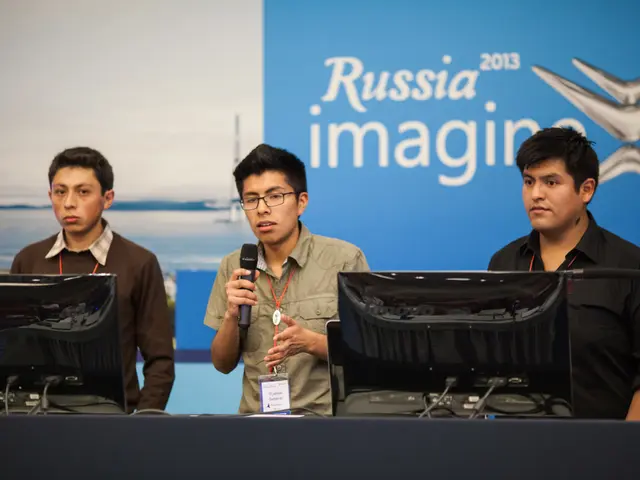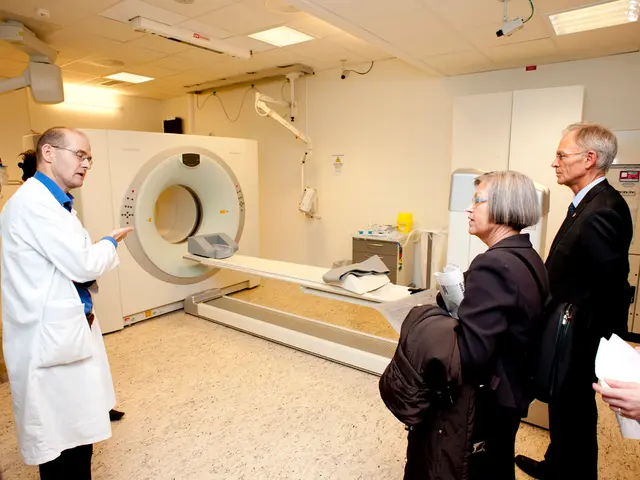Foreign Student's Guide to Studying Abroad: Key Aspects of the Erasmus Program
The Erasmus+ program, the world's largest scholarship program, offers a unique opportunity for students to study abroad and gain valuable international experiences. Here's a detailed breakdown of the program's eligibility requirements, funding options, and other key aspects.
### Eligibility for Erasmus+ Study Abroad
To be eligible for an Erasmus+ study abroad experience, students must:
1. Be enrolled in a Bachelor's, Master's, or PhD program at a participating university that leads to a diploma. 2. Have successfully completed at least the first year of higher education and be in their second year or further by the time the exchange starts. 3. Complete a minimum of 2 months (at least 60 consecutive days) abroad. 4. Undertake a full-time study load at the host institution, typically around 30 ECTS credits, with a minimum of 22.5 ECTS credits accepted under certain conditions. 5. Be physically present at the host university in a country different from their home country and current country of residence. 6. Ensure that all courses and activities abroad are pre-approved and will be recognized by their home university upon their return. 7. Complete and sign official agreements like the Learning Agreement and Mobility Agreement, register at the host university, and submit records such as transcripts and certificates after the exchange.
### Funding Options through Erasmus+
1. Erasmus+ Grants for Studies: These grants partially cover the additional costs of living and studying abroad. The grant period can last up to about 2 months plus 17 days for the academic year 2025-2026. 2. Erasmus+ Master Loan Scheme: This scheme offers loans up to €18,000 for students pursuing a Master's degree in another Erasmus+ Program Country. 3. Erasmus Mundus Joint Master Degree Scholarships: These scholarships cover tuition, travel, and living expenses for students enrolled in specific prestigious joint Master’s programs funded by the EU.
### Other Notes
- Eligibility and procedures may vary slightly depending on your home and host institution. - Application processes generally open around July for the upcoming academic year. - Students must reaffirm their enrollment at their home institution during the exchange period. - Additional documentation and approval steps are required before departure and after returning to ensure credit transfer and official recognition.
In summary, to participate in Erasmus+, students need to be enrolled in suitable degree programs, study full-time abroad for a minimum of 2 months, and complete the agreed academic workload. Funding is available through grants, loans, and scholarships depending on the level and type of study. The program offers a comprehensive support system both administratively and financially to facilitate international student mobility within Europe.
For more information about student housing, funding opportunities, and other related matters, students can visit entities such as the ÖSW, ÖVW, room4rent, and ERSTE Bank Student Union, or websites like the Förderkompass, the Austrian Research Promotion Agency, the Federal Ministry of Education, Science and Research, and Grants.at. Each student has 12 months available for Erasmus+ study abroad periods in their Bachelor's, Master's, and Ph.D. studies.
The Erasmus Student Network (ESN) is a non-profit student organization that supports international students during their stay abroad. During an Erasmus+ stay, students are exempt from tuition fees at both their home and host universities. Erasmus+ also provides opportunities for internships in participating program countries.
Erasmus+ is an EU program that supports general and vocational education, youth, and sport in Europe. For questions about Erasmus+ programs, exchanging ideas, or networking, visiting the Erasmus Student Network (ESN) is recommended.
- The Erasmus+ program, with its vast scholarship opportunities, extends to the realm of online education, offering online courses for students as an alternative to regular study abroad programs, fostering global learning and self-development.
- In addition to traditional study abroad options, students can utilize the Erasmus+ program for self-development and education by pursuing online education and learning opportunities, cultivating knowledge and skills in a digitally connected world.




